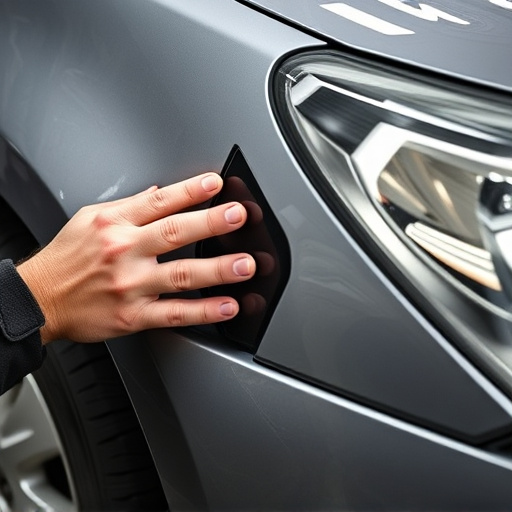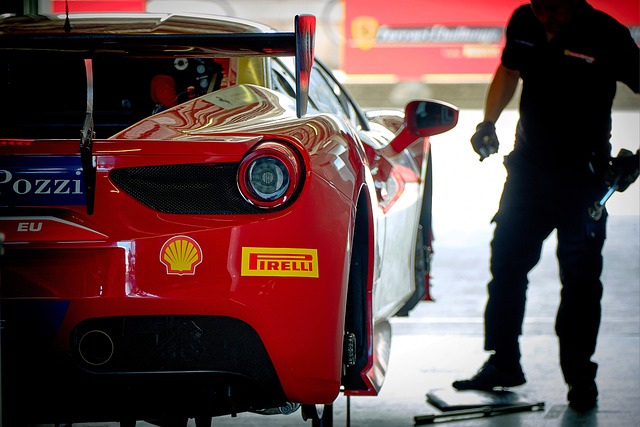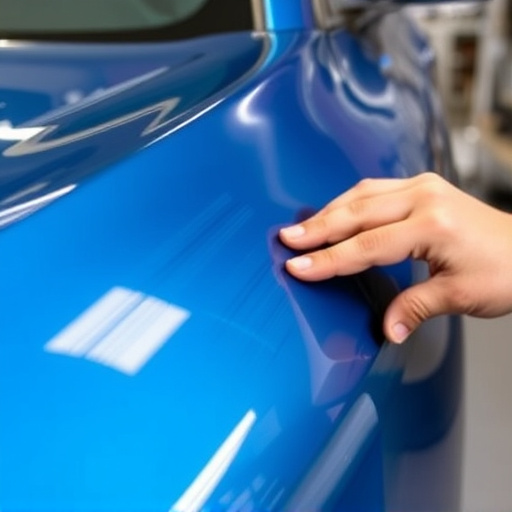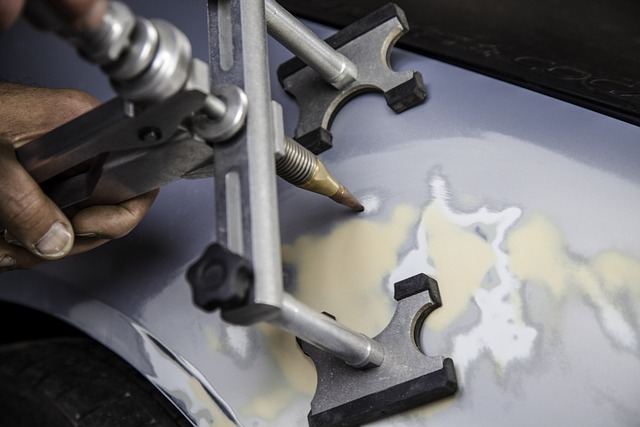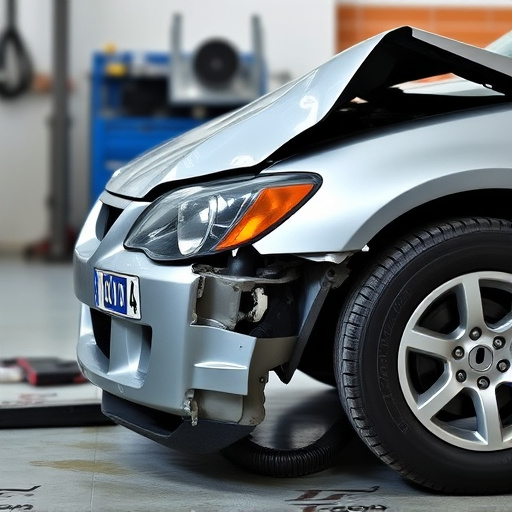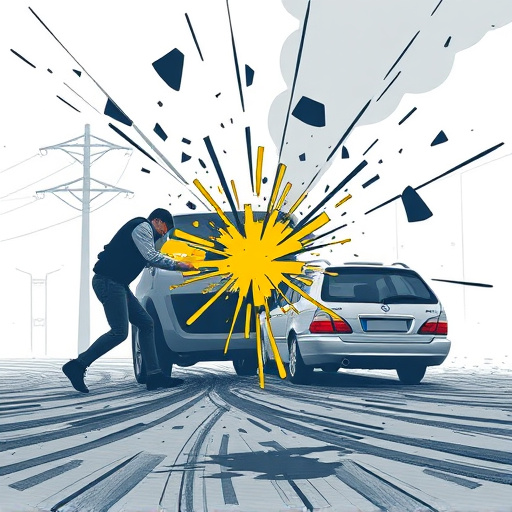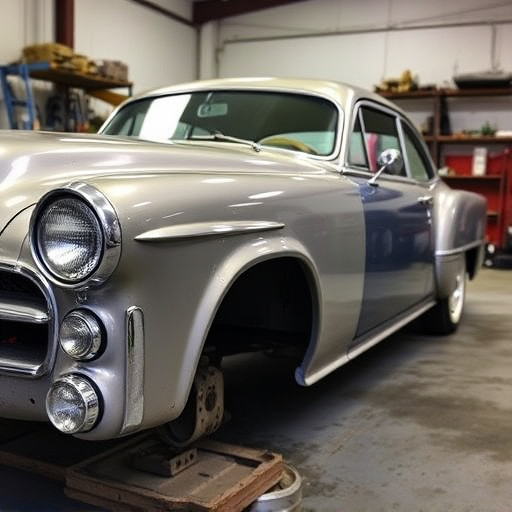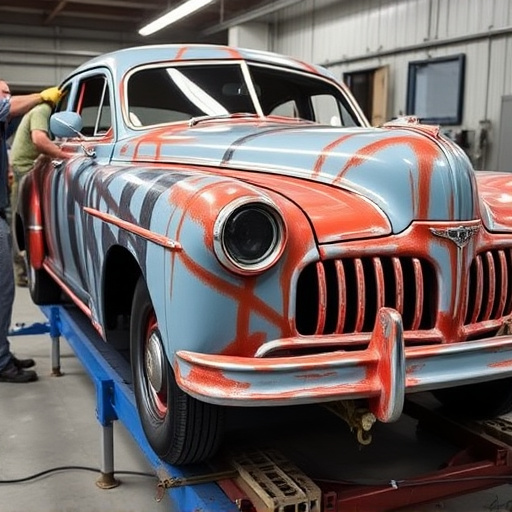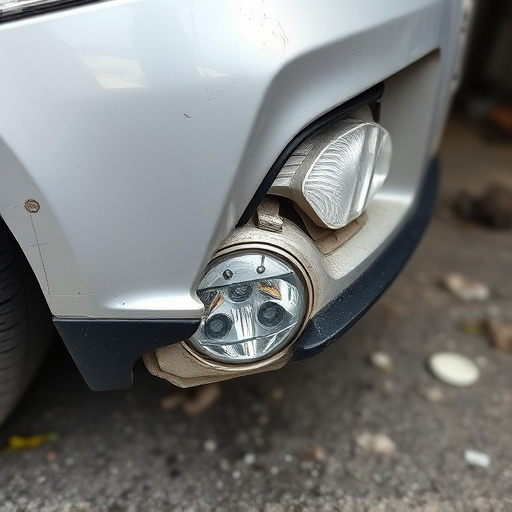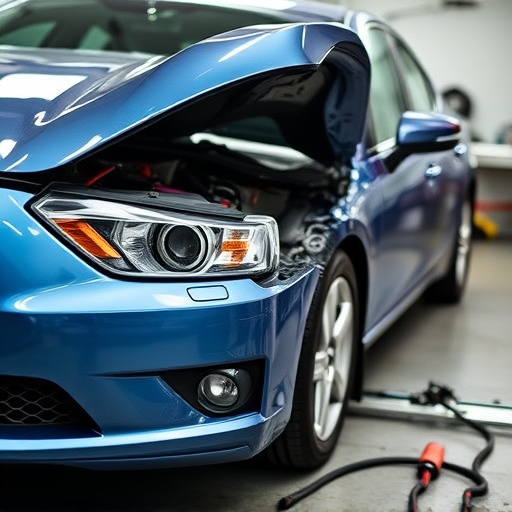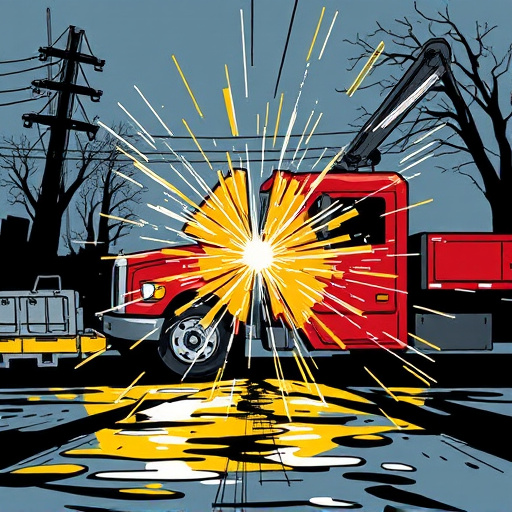Customer safety assurance is vital for business success, especially in sectors like automotive services. It involves protecting customers beyond product/service quality, focusing on well-being and road safety. Robust measures include using certified parts, adhering to standards, and employing trained professionals. This fosters trust, loyalty, repeat clients, and positive word-of-mouth. Implementing advanced technologies, comprehensive training, regular audits, and best practices strengthens customer safety assurance. Prioritizing safety in services like auto painting builds brand loyalty and market positions, measured through repeat business, positive reviews, and NPS.
Customer safety assurance is more than a regulatory requirement; it’s a cornerstone of successful businesses. In today’s competitive market, fostering trust and loyalty requires going above and beyond to protect customers. This article delves into the essential role of customer safety assurance in building strong relationships. We explore strategies to implement robust measures, highlighting how these efforts translate into increased customer satisfaction and loyalty. Understanding and prioritizing customer safety is a game-changer for any organization aiming for long-term success.
- Understanding Customer Safety Assurance: The Foundation of Trust
- Strategies to Implement Robust Customer Safety Measures
- Measuring Success: Building Loyal Customers Through Assurance
Understanding Customer Safety Assurance: The Foundation of Trust
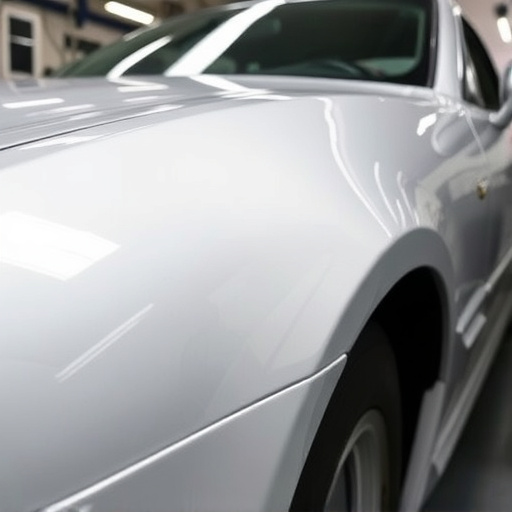
Customer Safety Assurance is the cornerstone of any successful business, especially in industries like automotive services where customer trust and satisfaction are paramount. It involves a comprehensive set of practices designed to safeguard customers during their interactions with a company. This goes beyond merely providing quality products or services; it encompasses ensuring their well-being and peace of mind. For instance, in the context of auto glass replacement or collision repair, businesses that prioritize customer safety assurance offer more than just fixes; they provide solutions that protect drivers and passengers, enhancing road safety.
By implementing robust safety measures, such as using certified parts, adhering to industry standards, and employing trained professionals, companies demonstrate their commitment to customer welfare. This, in turn, fosters a sense of trust and loyalty. Customers who feel safe during vehicle repair or collision repair services are more likely to become repeat clients and advocate for the brand, spreading positive word-of-mouth. Thus, customer safety assurance isn’t just about meeting expectations; it’s about exceeding them, laying a strong foundation for lasting relationships with customers.
Strategies to Implement Robust Customer Safety Measures

Implementing robust customer safety measures involves a multi-faceted approach tailored to address potential risks across various touchpoints. One key strategy is integrating advanced technologies into operations, such as utilizing IoT sensors for real-time monitoring and predictive maintenance in auto repair services. This proactive approach not only enhances part longevity but also improves road safety.
Additionally, ensuring comprehensive training programs for staff is paramount. Educating employees about the latest safety protocols and best practices in tire services and auto body services fosters a culture of vigilance. Regular audits and quality control checks further strengthen customer safety assurance, identifying and rectifying potential hazards before they impact clients.
Measuring Success: Building Loyal Customers Through Assurance

Measuring success in customer safety assurance is a key driver for building loyal customers. When businesses prioritize and excel at ensuring customer safety during services like auto painting or vehicle collision repair, it fosters trust and satisfaction. This can be gauged through various metrics such as repeat business, positive reviews, and net promoter scores (NPS). Loyal customers not only return for future repairs but also actively recommend the service to others, creating a positive feedback loop that strengthens the brand’s reputation.
For instance, consider car bodywork services where customer safety assurance includes using high-quality materials, adhering to industry standards, and providing transparent communication about repair processes. Customers who perceive their safety and vehicle integrity during these services are more likely to develop long-term relationships with the repair shop. This, in turn, enhances the business’s market position by cultivating a solid customer base that values not just the service quality but also the peace of mind it offers.
Customer safety assurance is not just a compliance necessity; it’s a powerful tool to foster trust and loyalty. By implementing robust measures, businesses can create an environment where customers feel secure, valued, and confident in their choices. This, in turn, leads to stronger relationships and repeat business, as satisfied and assured customers become brand advocates. Through continuous improvement and measurement, companies can ensure their safety protocols effectively drive loyalty, solidifying their position in the market.
